Politics & Security
EDITORIAL | At G7 Forum, Abe Should Raise China’s Hong Kong Suppression Law As Top Priority
Published
4 years agoon
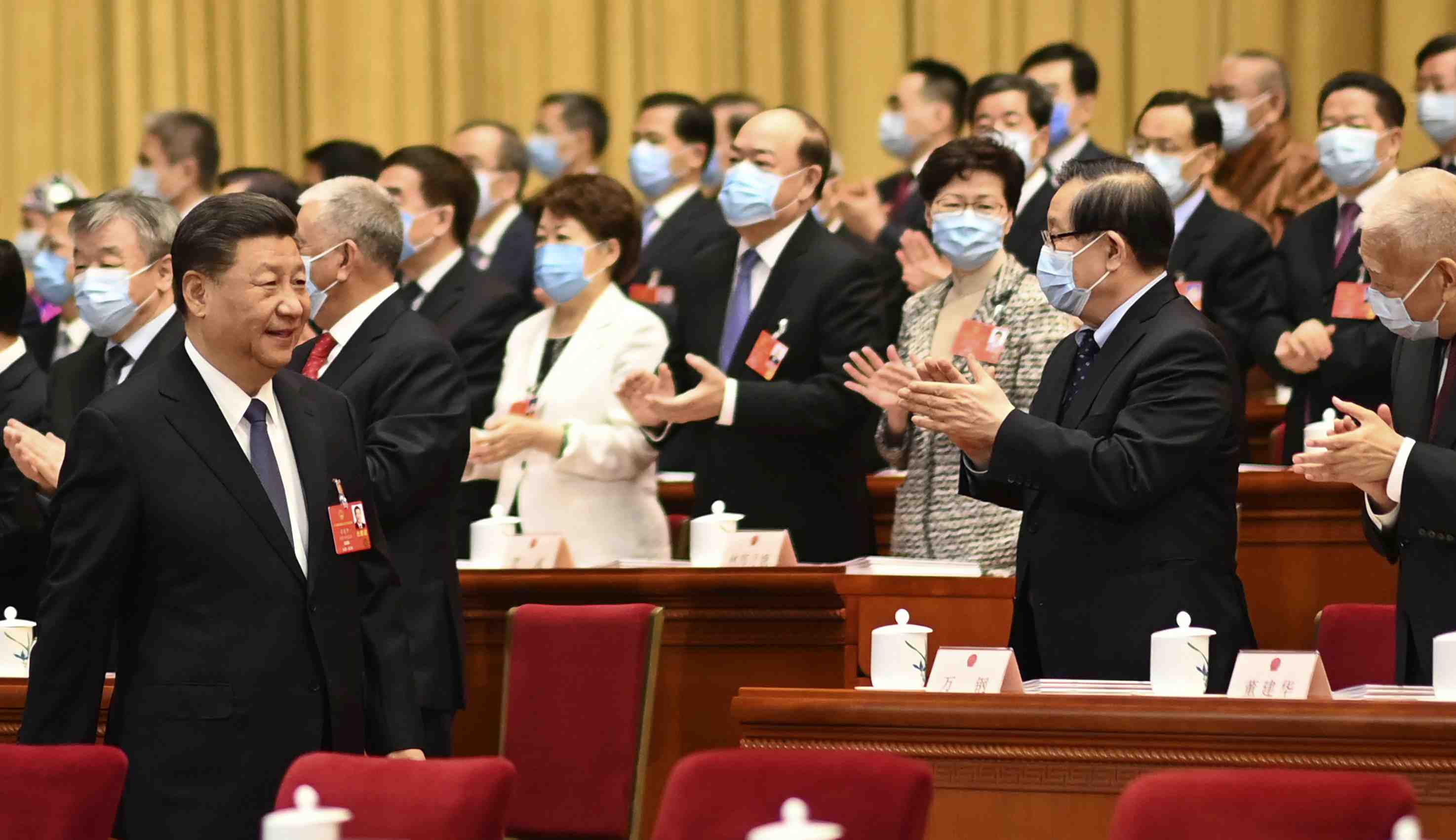
A May 28 vote by the National People’s Congress (NPC), China’s rubber stamp parliament, paves the way for a new security regime to be imposed on Hong Kong. It will imperil freedom of speech, freedom of assembly, and press freedom in the former British colony.
After the formal passage of the new legal system and security regime by the NPC Standing Committee, the measure will be imposed on the Hong Kong Special Administrative Region and probably take effect in August.
Among other things, the new legislation is designed to prevent and punish any actions or activities “endangering national security,” such as sedition, separatism, and subversion of state power. After the law takes effect, peaceful demonstrations, anti-government rallies, or media reports critical of the Chinese Communist Party (CCP) could be targeted for prosecution.
The proposed measure will run roughshod over Beijing’s promise to allow Hong Kong to maintain a high degree of autonomy under the existing “one country, two systems” arrangement. In fact, it should be called the “Hong Kong Repression Law.”
Such blatant tyranny is totally unacceptable.
A Hollow Promise
The “one country, two systems” formula is a rare political arrangement in the world which leaves mainland China governed by socialism while Hong Kong continues to maintain capitalism and democracy under the sovereignty of the People’s Republic of China.
In 1984 the governments of China and the United Kingdom signed the Sino-British Joint Declaration, an international public commitment which has the force of a treaty that was registered by both the Chinese and British governments with the United Nations Secretariat before taking effect. The pillar of the declaration was the legally binding “one country, two systems” pledge.
It was agreed that this hybrid system would remain in effect for 50 years after the British relinquished control of Hong Kong in 1997. Now Beijing is unilaterally annulling the solemn agreement — an unforgivably lawless act.
Hong Kong’s Basic Law (the equivalent of a constitution), which was instituted at the time of Hong Kong’s reversion to China as a special administrative region (SAR), stipulates that China’s legal system can only be applied in Hong Kong with the approval of its Legislative Council (Legco).
However, Beijing chose to ignore this procedure, going ahead to adopt the new security law without local approval. This high-handed action is clearly intended to snuff out Hong Kong’s rule of law based on democracy.
Democracy advocates in Hong Kong have reacted to the pending new security law by declaring “one country, two systems” on its last legs. The fact is that Hong Kong’s high degree of autonomy has already been undermined by political pressure from Beijing. There is a definite risk that renewed protest demonstrations in Hong Kong could again become radicalized.
It is not only freedom of speech that is under attack. A provision in the new anti-sedition law would allow Beijing’s sinister “national security agencies” to operate in Hong Kong. It has been pointed out that this means that agents from the Ministry of State Security could be stationed in Hong Kong, ostensibly to hunt for spies. Of course, the CCP would decide what constitutes “spying.”
The Chinese government has implemented tough measures domestically to suppress the novel coronavirus epidemic on the mainland. This has resulted in a sharp rise in the ranks of the unemployed and dealt a body blow to the economy.
The CCP’s strategy has been to direct public anger outward whenever there is a dangerous buildup of frustration among the Chinese public. No doubt this time Hong Kong has been chosen as the sacrificial lamb, with the intention of ensuring that the Xi Jinping regime remains in power.
The international community is not likely to remain silent.
Prime Minister Abe Must Speak Out
The problem is that it will not remain an issue just between Beijing and Hong Kong. There is concern that, as tensions in Hong Kong rise, it will become the vortex for a new cold war between China and the United States in the world after the coronavirus pandemic.
The two nations are already embroiled in sharp exchanges about responsibility for the coronavirus and thorny trade negotiations.
U.S. Secretary of State Mike Pompeo issued a statement regarding the new security law, declaring that China’s actions “fundamentally undermine Hong Kong’s autonomy and freedoms.”
“The United States stands with the people of Hong Kong as they struggle against the CCP’s increasing denial of the autonomy that they were promised,” Pompeo added. He also said that the State Department could no longer certify that Hong Kong still enjoyed a high degree of autonomy.
U.S. President Donald Trump also reacted to Beijing’s conduct: “It’s something you’re going to be hearing about before the end of the week. Very powerfully, I think.”
Up until now, the U.S. has granted Hong Kong preferential treatment in regard to tariffs and visas, premised on the “one country, two systems” arrangement. If “one country, two systems” is finished, then it is only natural that Washington D.C. should reconsider these preferential measures.
Hong Kong has served as a busy hub for the flow of people, goods, and money connecting mainland China with Western countries, Japan, and Southeast Asia. Its role in international finance has been especially important to China, as countless Chinese companies have used listing on the Hong Kong’s stock exchange to raise enormous amounts of capital.
If the national security law is applied to Hong Kong, then it will lose its function as an international financial center dedicated to the principle of laissez-faire economics. There can be no doubt that, as a result, Japan and many other countries will suffer heavy financial losses.
Japan’s response to Beijing’s power play has been measured, with Chief Cabinet Secretary Japan Yoshihide Suga saying, “We are deeply worried by the National People’s Congress decision, which was taken despite strong concerns expressed by the international community and the people of Hong Kong, and the current situation in Hong Kong.”
Nevertheless, Prime Minister Shinzo Abe himself must clearly call on Beijing to withdraw the new law. He should raise it as a top priority issue at the G7 summit scheduled for June in Washington D.C.
The Xi Jinping administration has promoted the “one country, two systems” formula for “national unification of China and Taiwan.” Not only has Taiwan found that that unacceptable, but, as they watch the Hong Kong tragedy unfold, the citizens of Taiwan can clearly see what inevitably lies ahead in their future if they acquiesce.
If China desires a different outcome, it must fulfill its public pledge to the international community concerning Hong Kong to the letter, and adopt a conciliatory attitude.
(Click here to read this editorial in Japanese.)
Author: Editorial Board, The Sankei Shimbun
RELATED ARTICLES ON HONG KONG:
- Hong Kong’s Pro-Democracy Vote is ‘Blood Shed By Citizens’ – Activist Agnes Chow Ting
- EDITORIAL | The People of Hong Kong Have Spoken. Is Beijing Listening?
- Arrested Hong Kong Leader Andy Chan: ‘Burn China with Us’

You may like
-


EDITORIAL | Caution In South Korea as Smear Tactics Prevail in Election
-


Tibetan Buddhism From Mongolia to the Dalai Lama's Legacy
-


EDITORIAL | Ohtani Interpreter's Ruin Shows the Evil of Illegal Gambling
-


Japan's Next-Gen Fighter Jet and the Future of its Defense
-


How the Emerging China-Russia Alliance Uses Military Drills for Geopolitical Grandstanding
-


EDITORIAL | Trilateral Defense an Apt Response to China's Sea Aggression
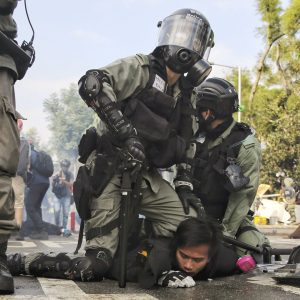
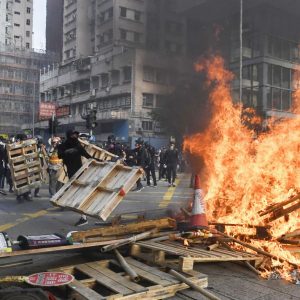
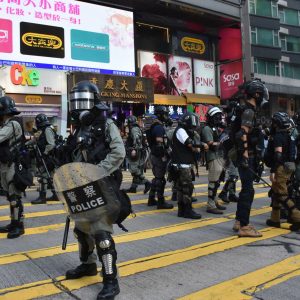




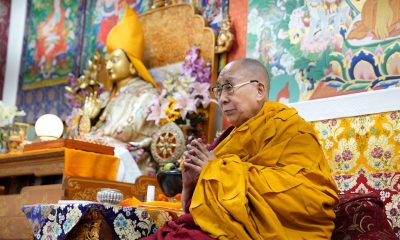







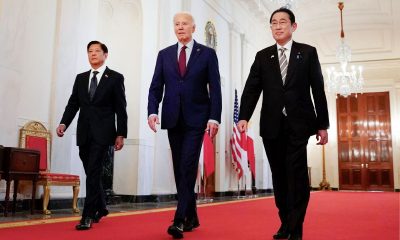


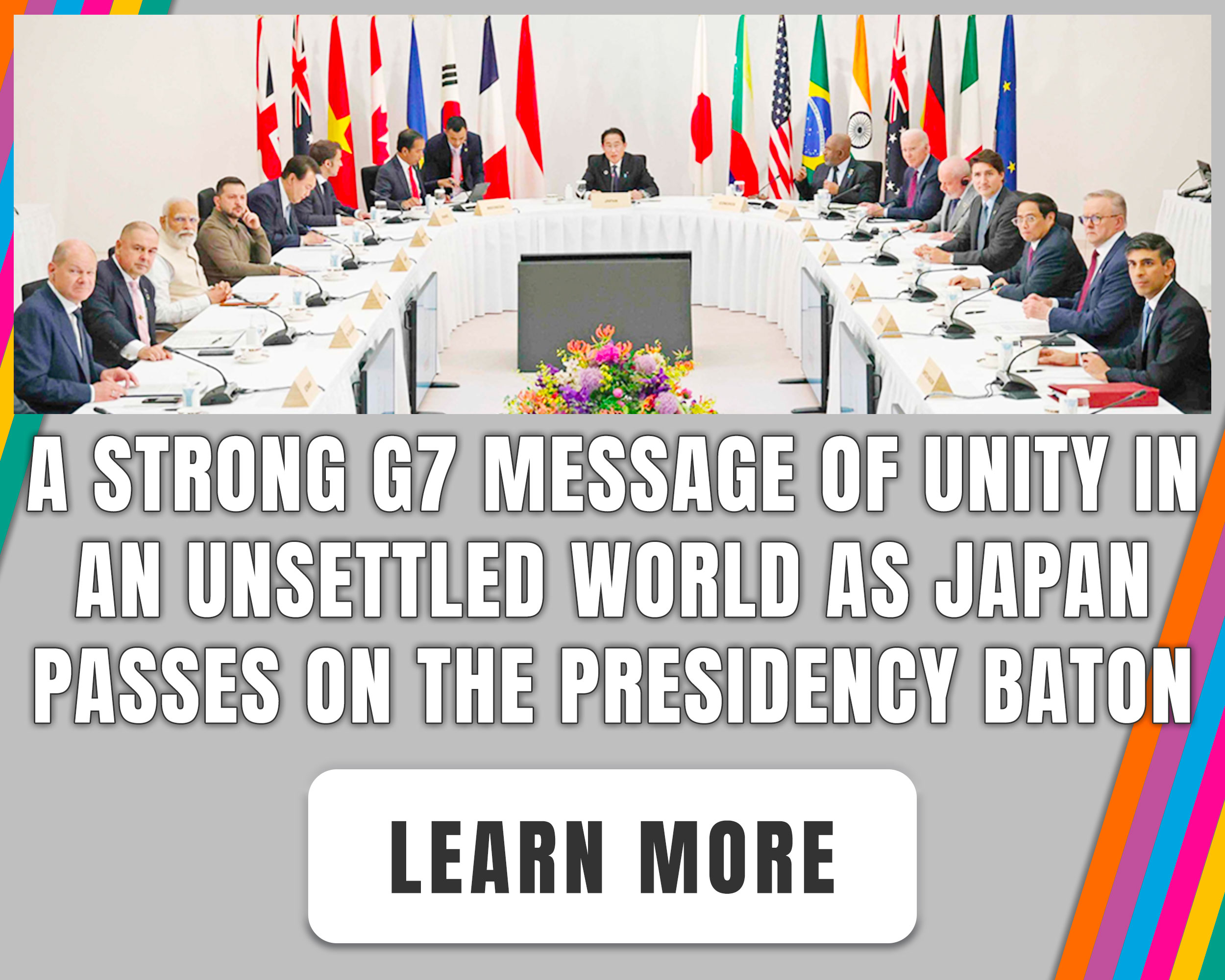
You must be logged in to post a comment Login